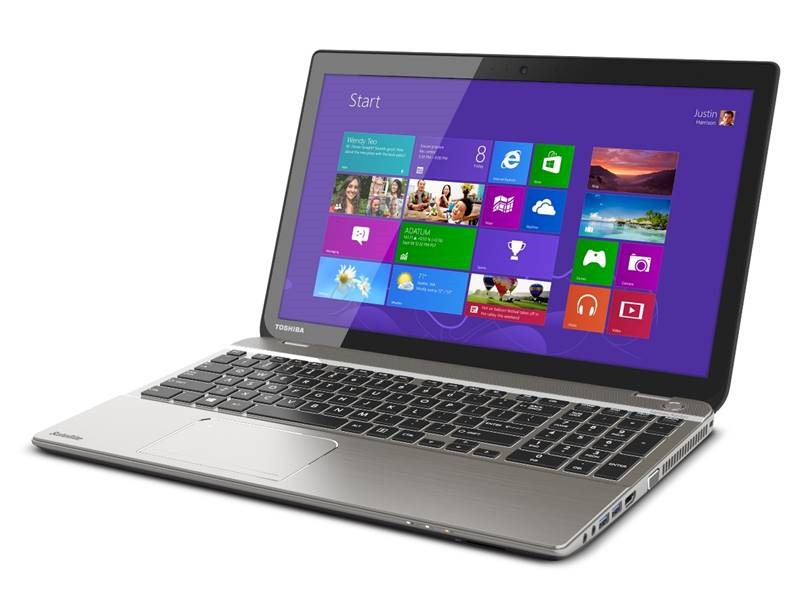
| Ease of use. Users familiar with earlier versions of Windows will probably also find the more modern ones easy to work with. This is ascribable to everything from the standardised look and feel of almost all programs written for Windows to the way the file system has been presented ever since the days of MS-DOS (disk A:\, disk C:\, etc.). This is one of the main reasons why Windows users are often reluctant to switch operating systems. Available software. There is a huge selection of software available for Windows. This is both due to and the reason for Microsoft's dominance of the world market for PC computer operating systems and office software. If you're looking for an application to suit your business needs, chances are that if it exists there will be a Windows version of it available somewhere. Backwards compatibility. If you're currently using an older version of Windows and need something more up to date, but you don't want to loose the use of some older programs that are only available for Windows and are critical to your business needs, the chances are good (although not a certainty) that those programs will also work with a newer version of Windows. Support for new hardware. Virtually all hardware manufacturers will offer support for a recent version of Windows when they go to market with a new product. Again, Microsoft's dominance of the software market makes Windows impossible for hardware manufacturers to ignore. So, if you run off to a store today any buy some random new piece of computer hardware, you'll find that it will probably work with the latest version of Windows. Plug & Play. As an operating system for the average home user, Windows still has an edge over the competition in the area of Plug & Play support for PC hardware. As long as the right drivers are installed, Windows will usually do a good job at recognising new hardware. Other operating systems also offer Plug & Play functionality, but to a lesser degree and more frequently require manual intervention. Games. If you crave the latest in PC gaming technology, then you need Windows. A plethora of gaming titles are available for Windows, as well as lots of special gaming hardware that's supported. Some of the most popular games are also available for Linux, and even more for the Mac, but there's really no comparison. It must be said, though, that not all of the old games that were written for Windows 95 and 98 will also work with XP. Compatibility with MS driven websites. After Windows had become the world's most popular desktop operating system, Internet Explorer (IE) became the world's most popular web browser soon after Microsoft began bundling it with Windows 95 in order to squash competition from rival Netscape's Navigator browser. Since Netscape's demise, Microsoft have introduced more and more proprietary features into their web servers that can only be taken advantage of with Internet Explorer. Obviously, these sites are less accessible with other browsers − sometimes not at all. This, coupled with the fact that the latest versions of IE are only available for Windows, has made Windows the only choice for those who want to take full advantage of those websites that use Microsoft's technology. |